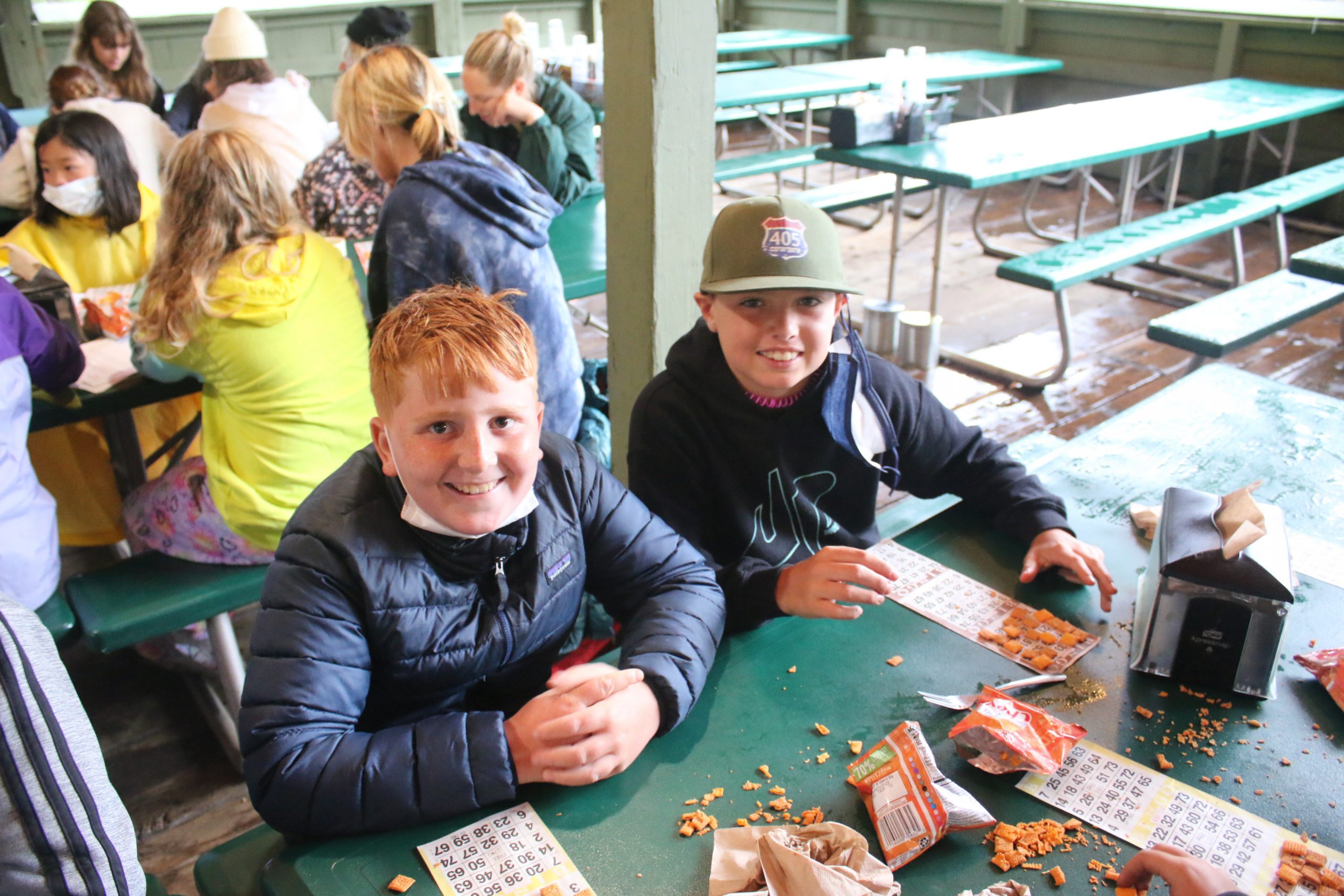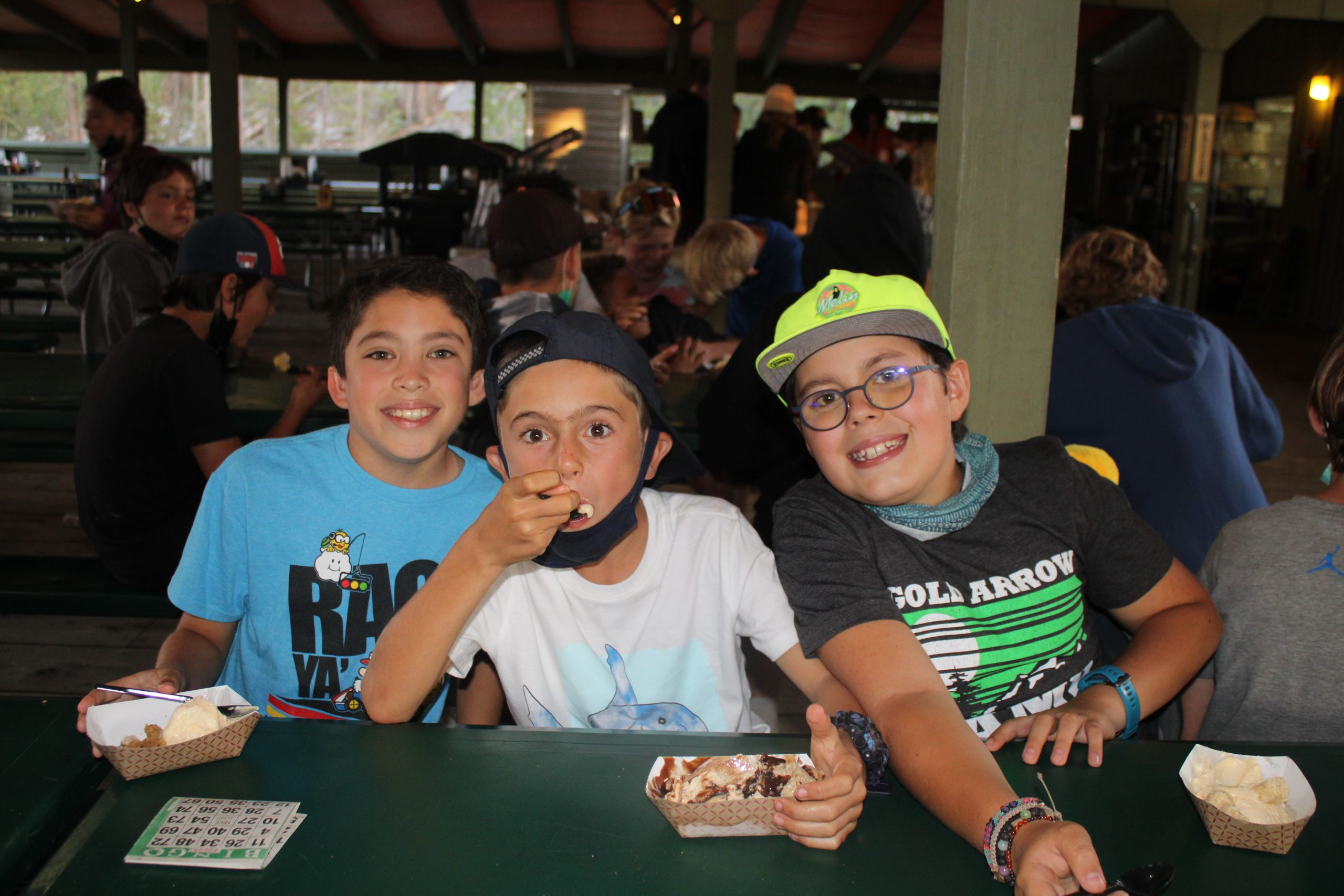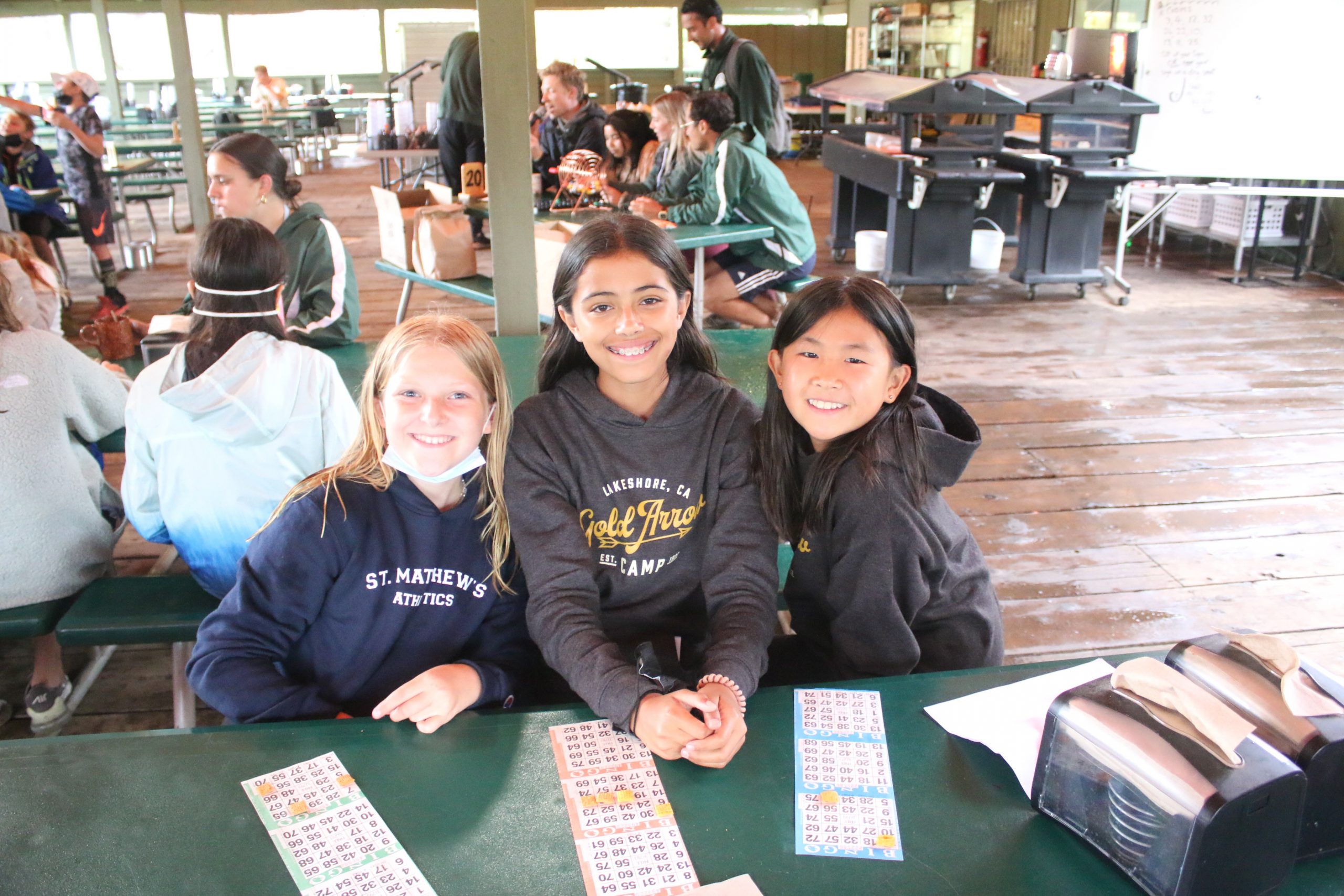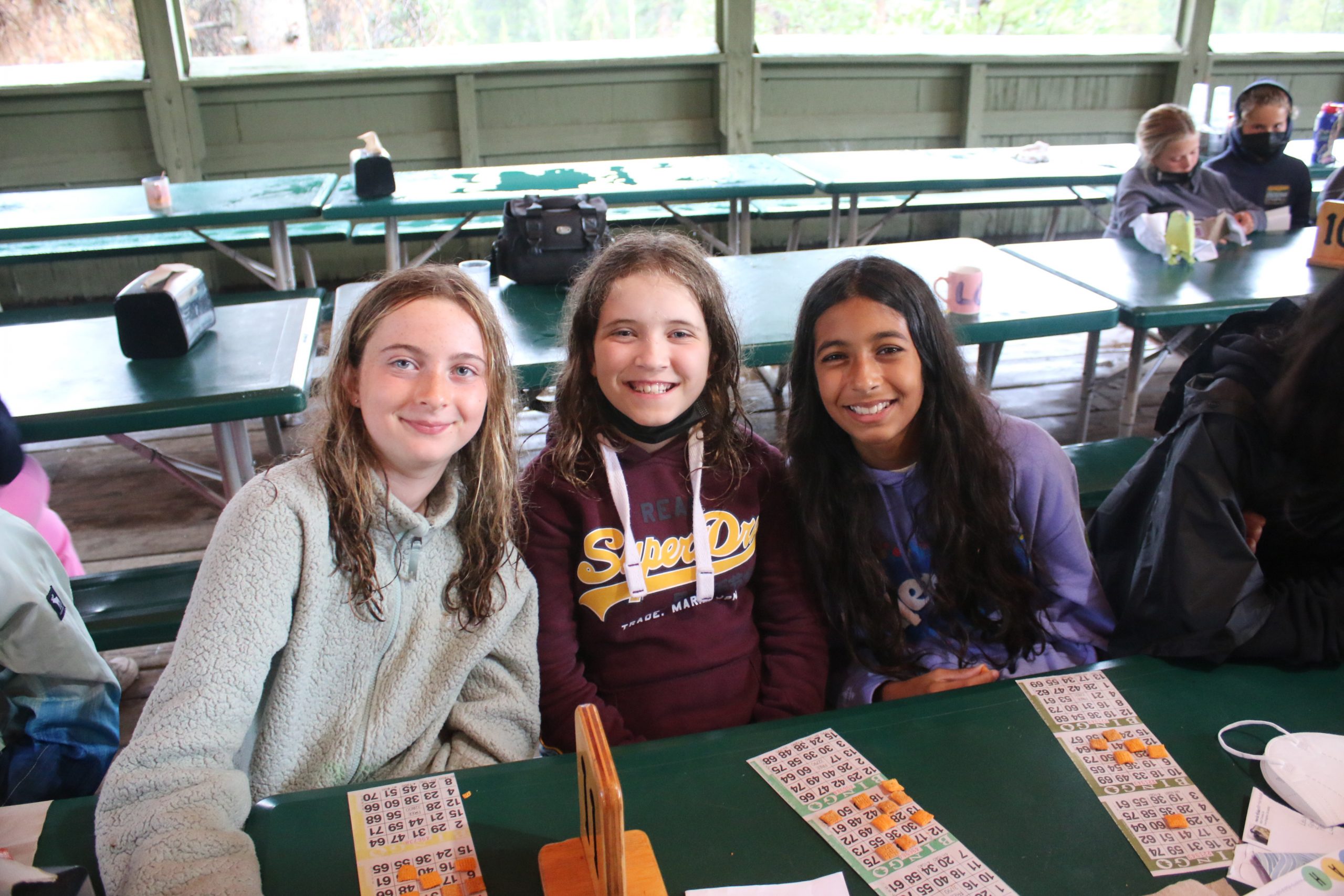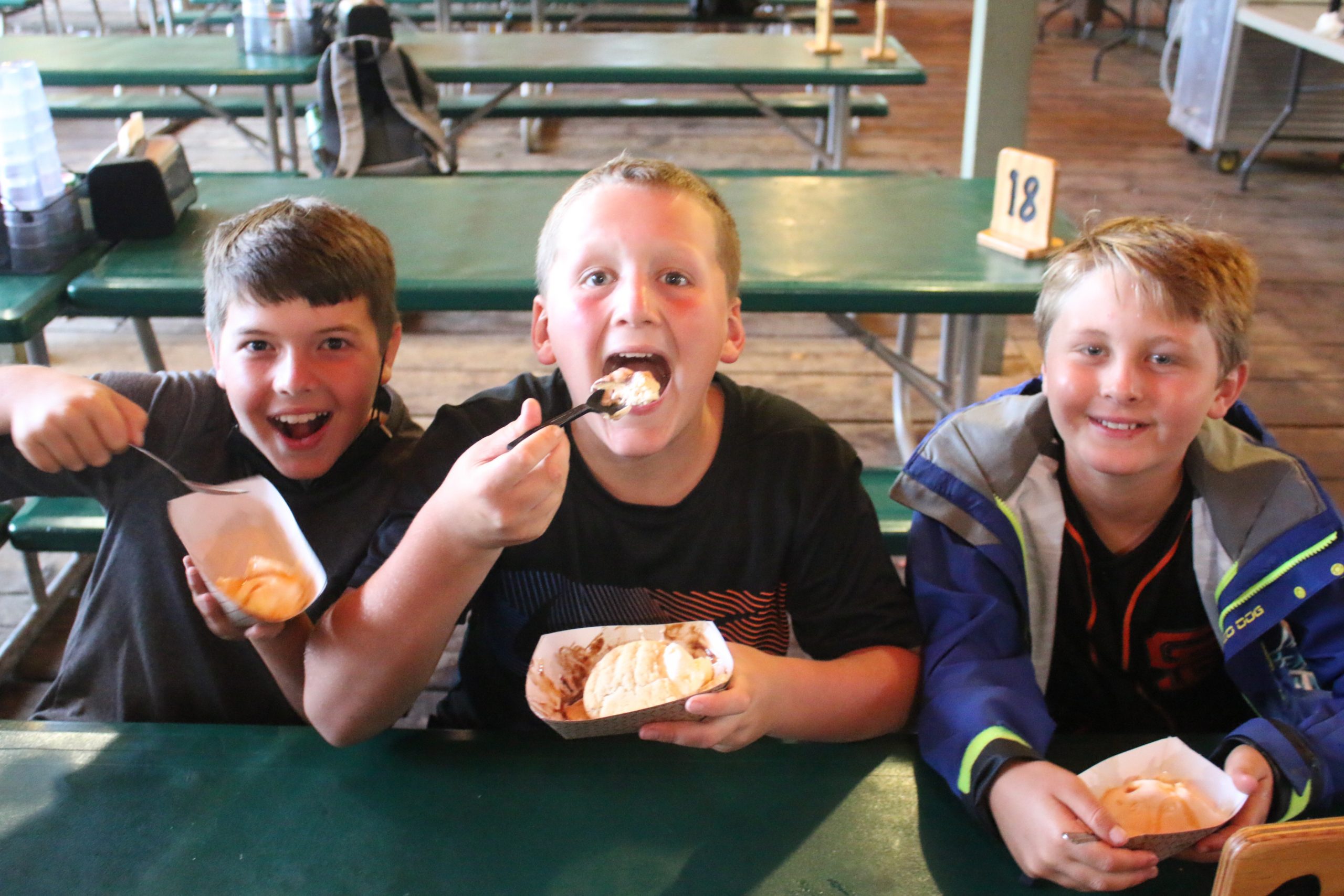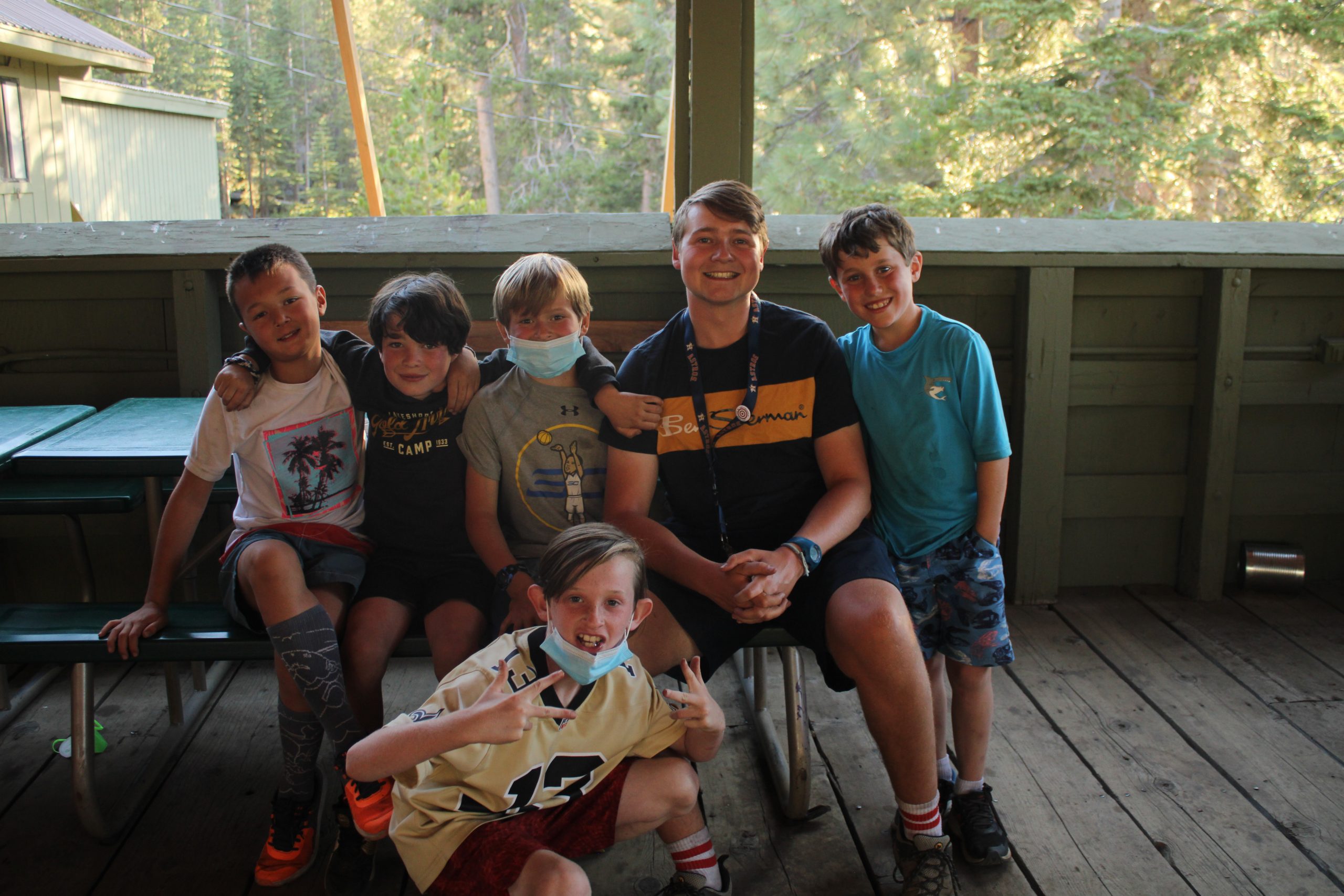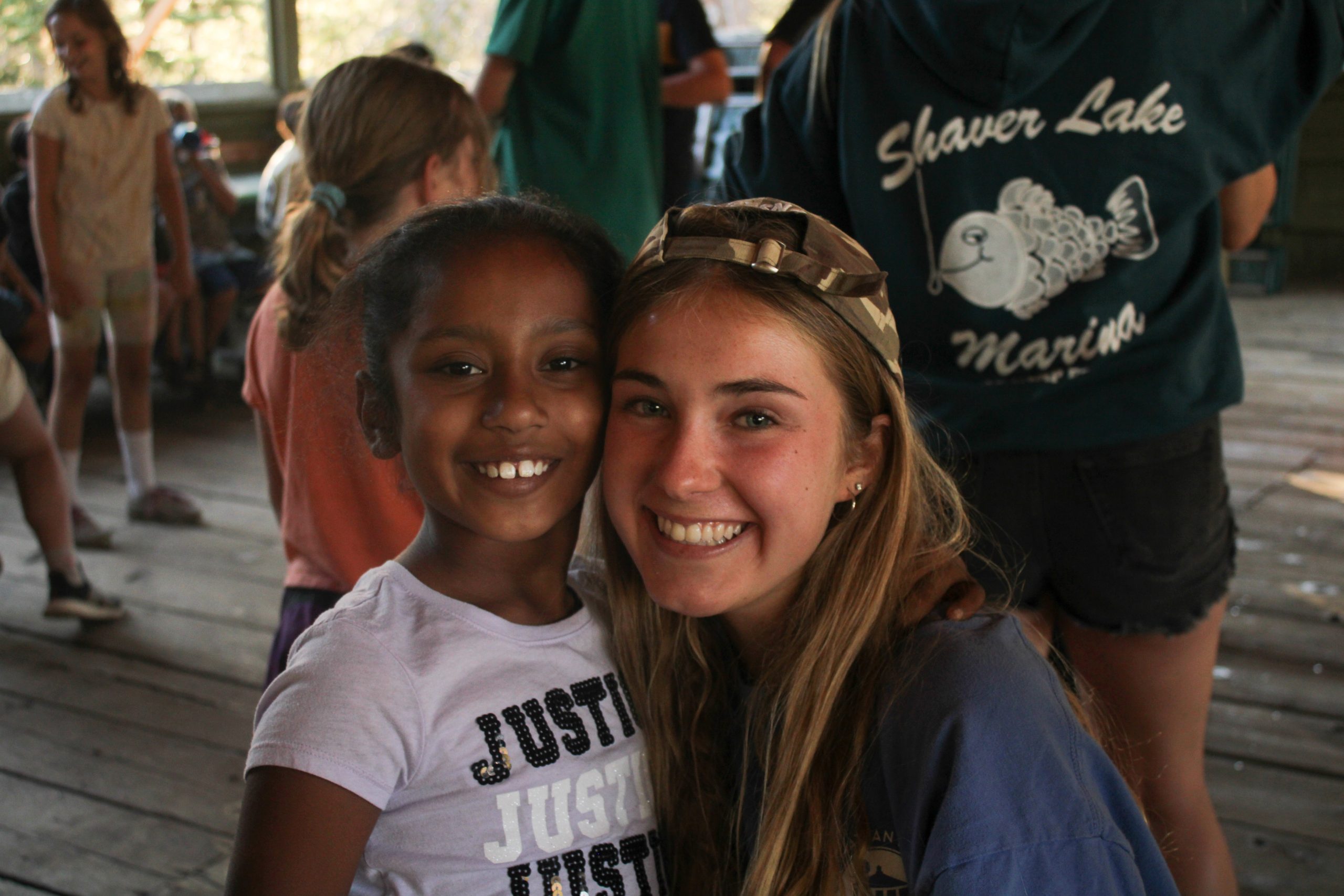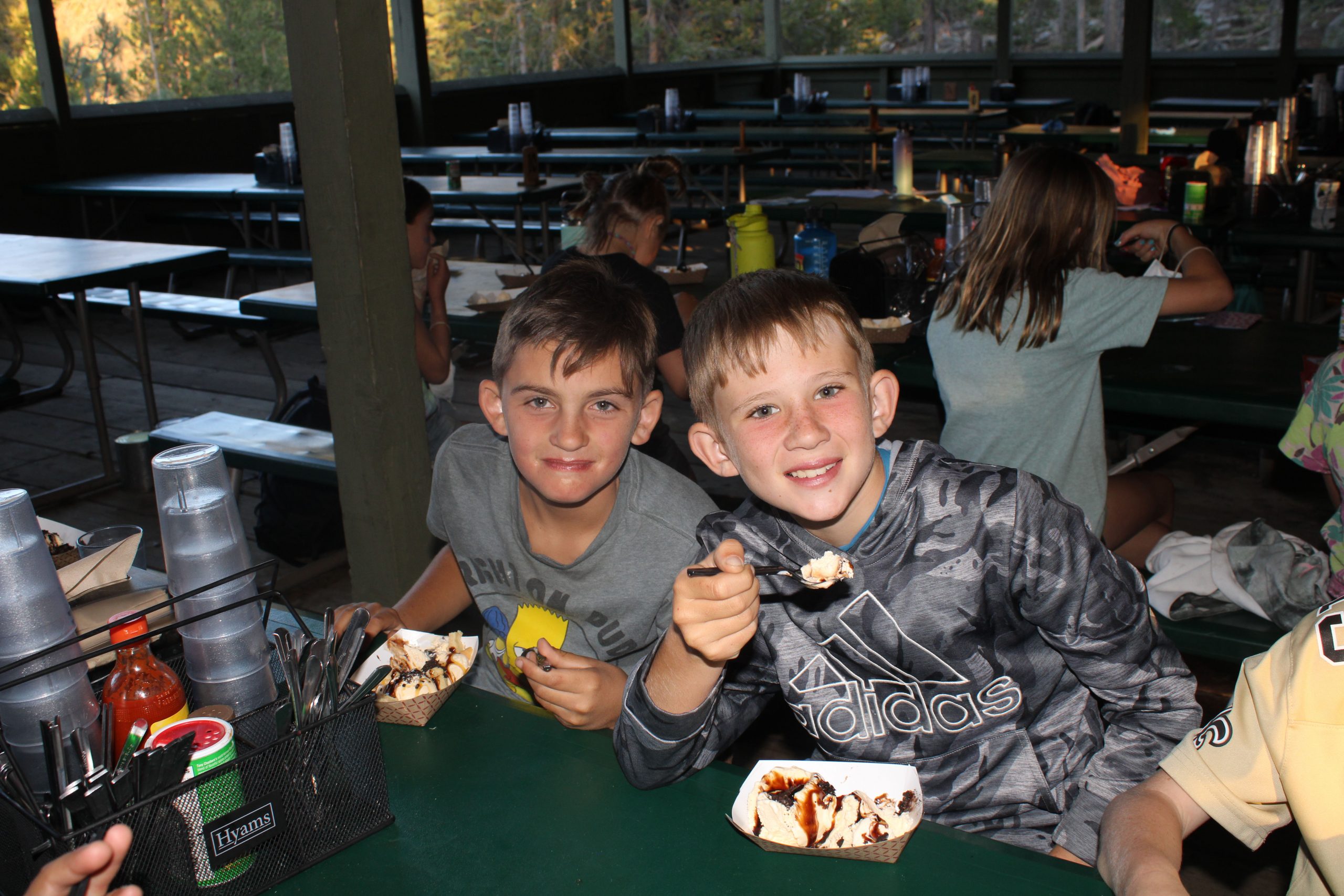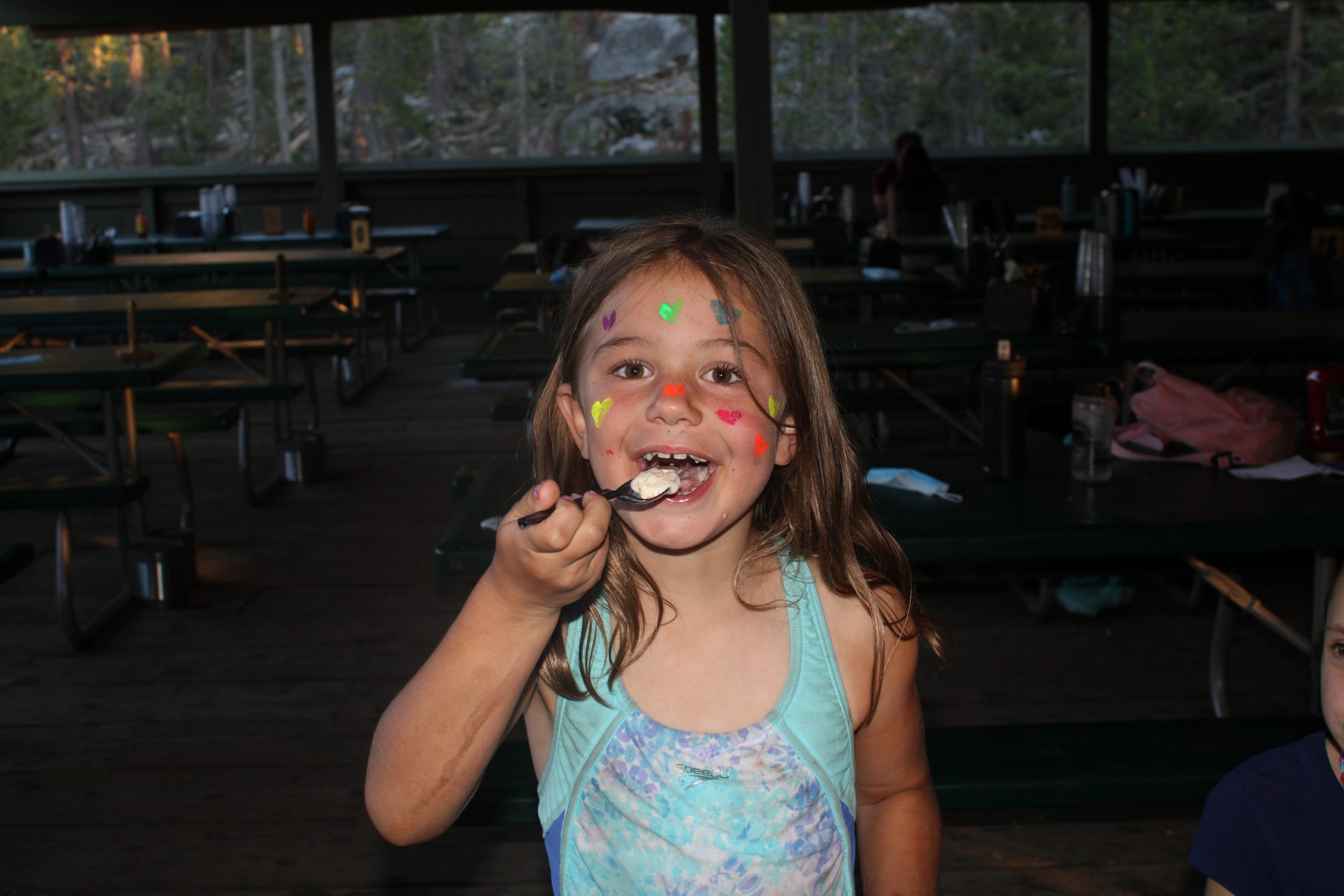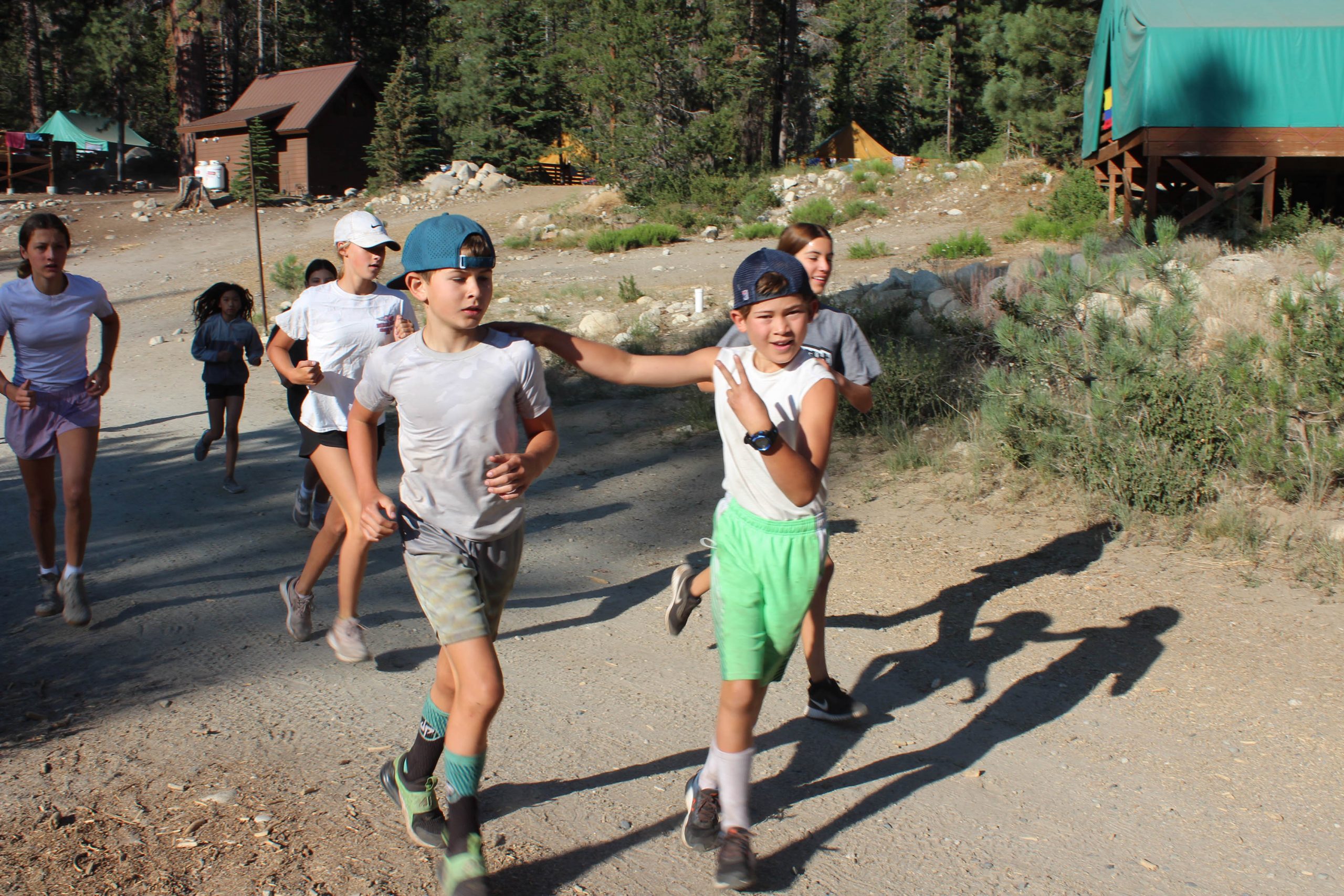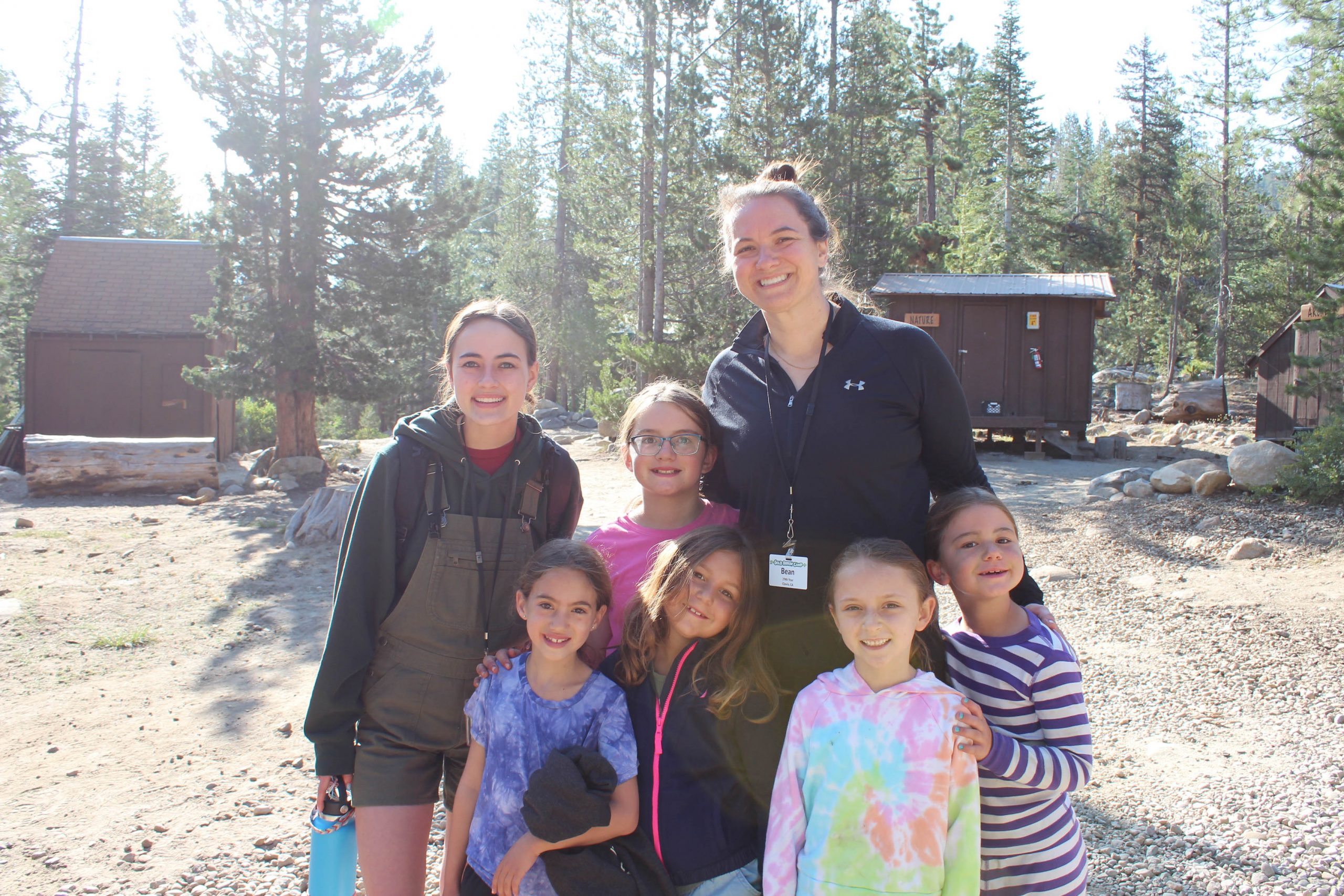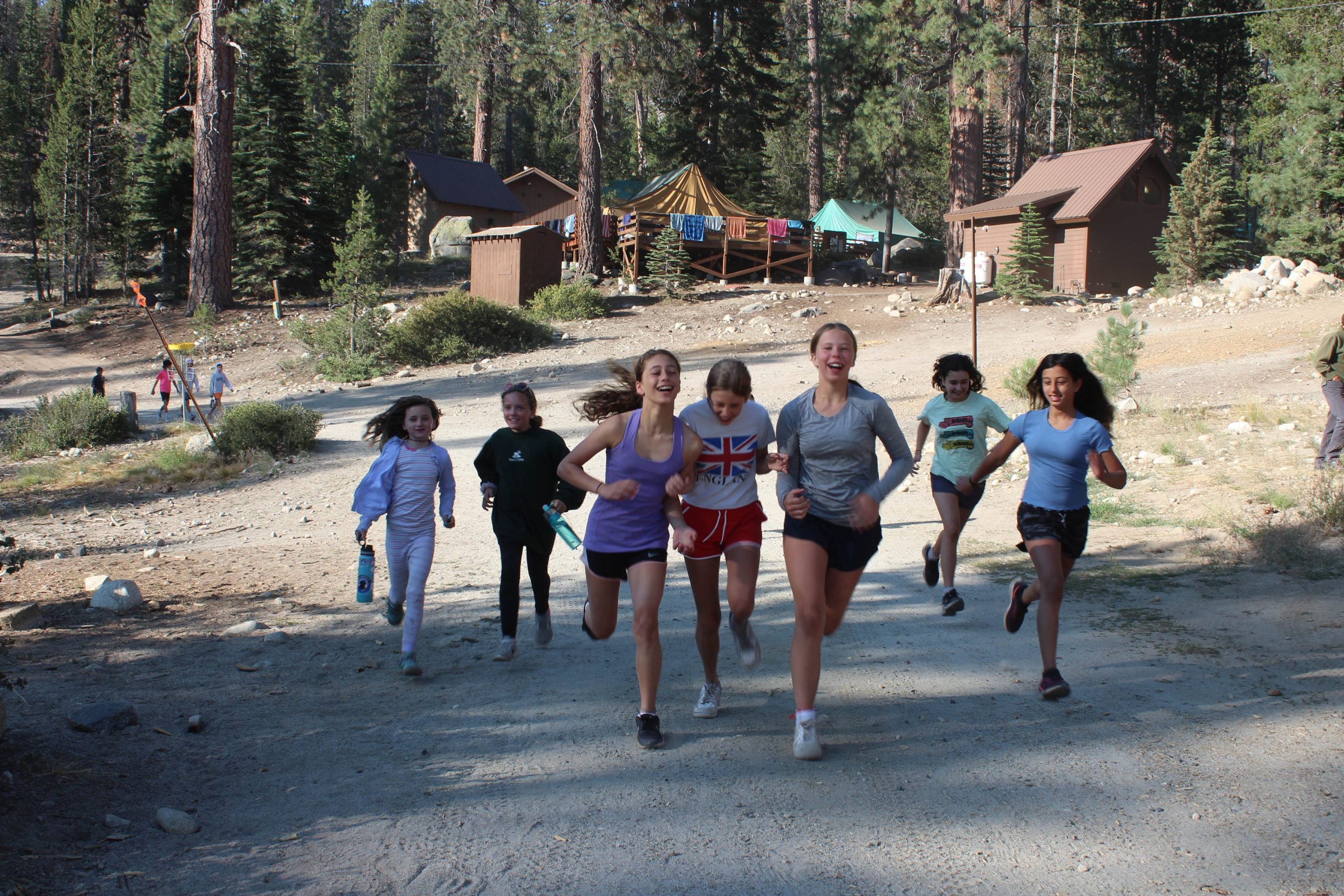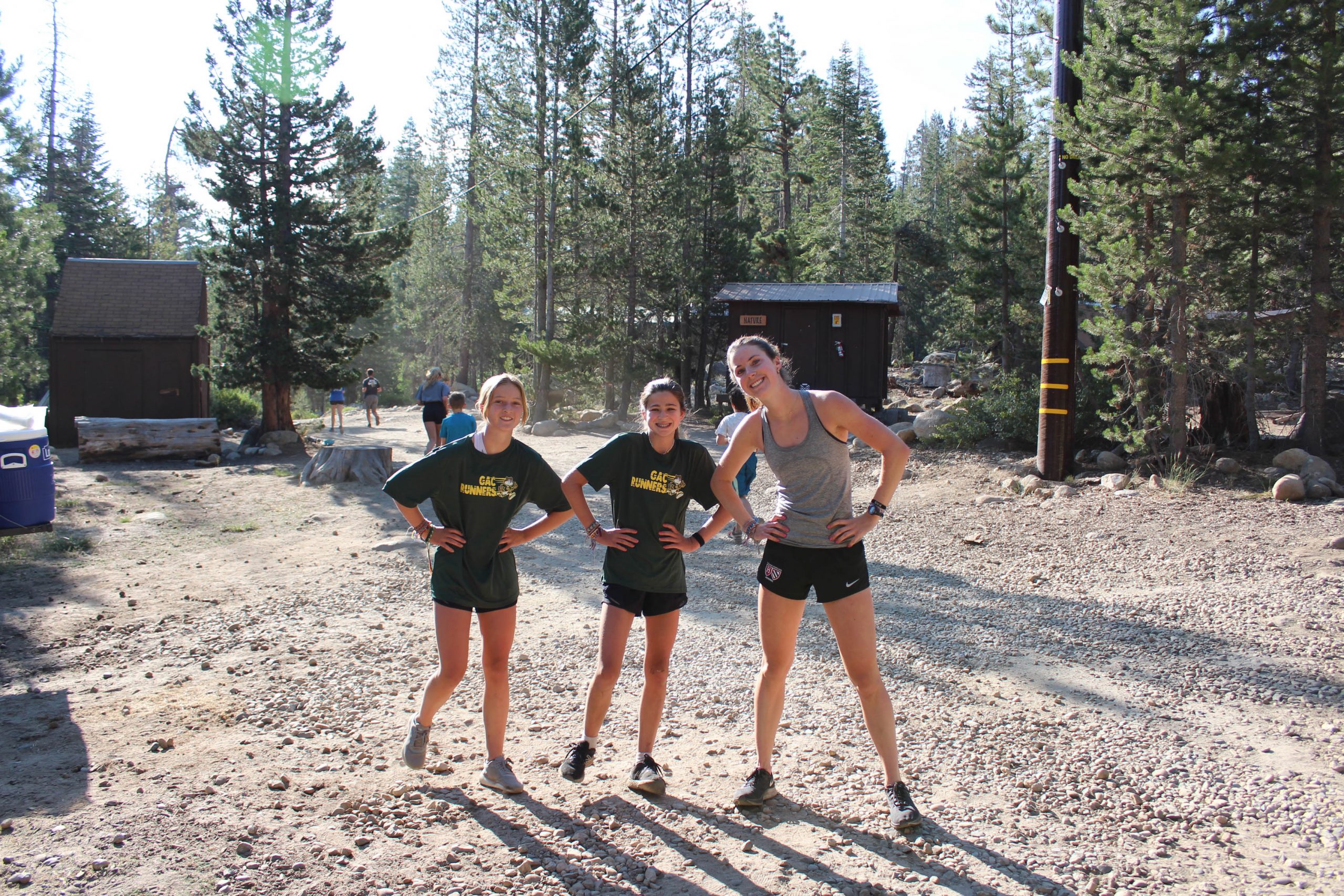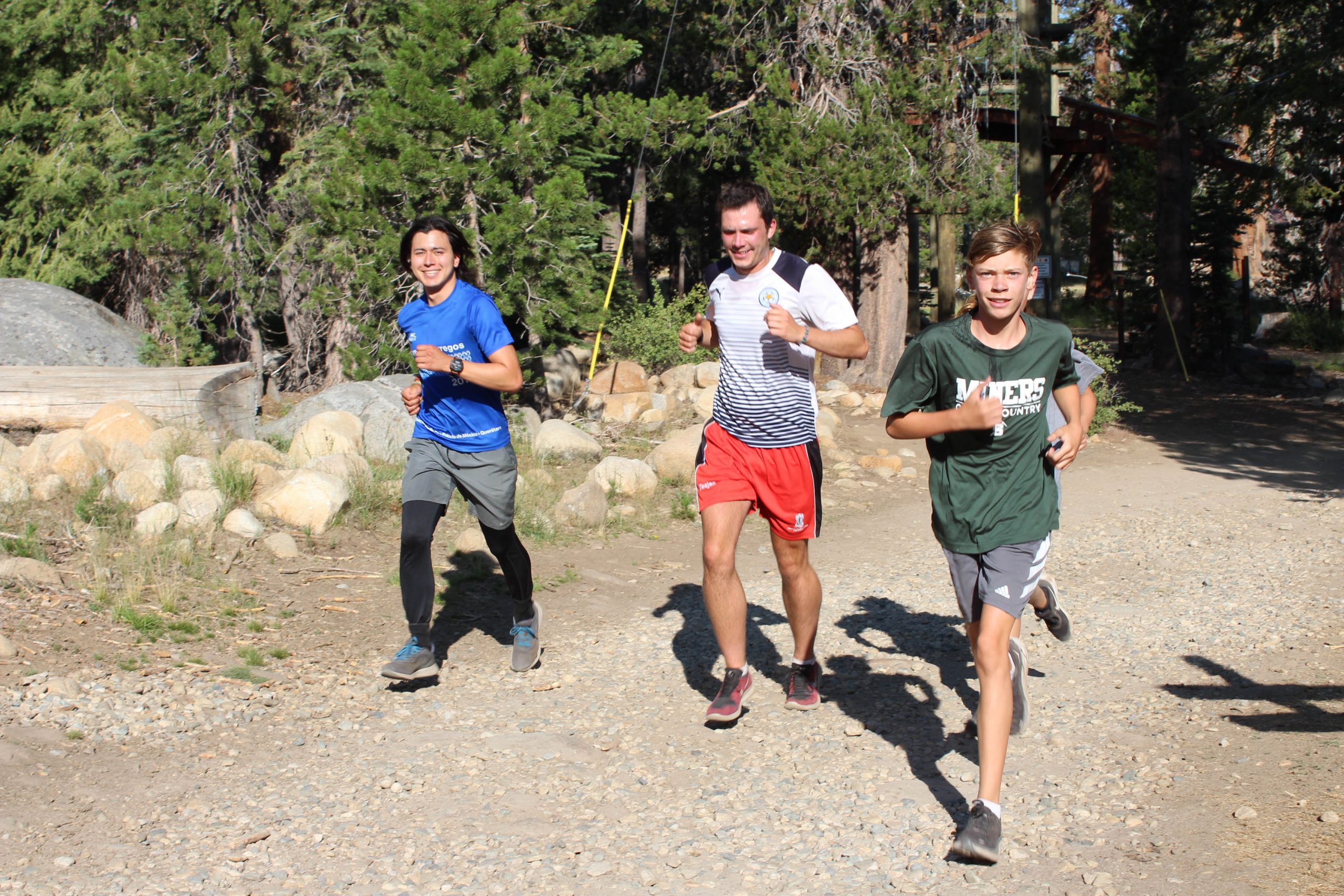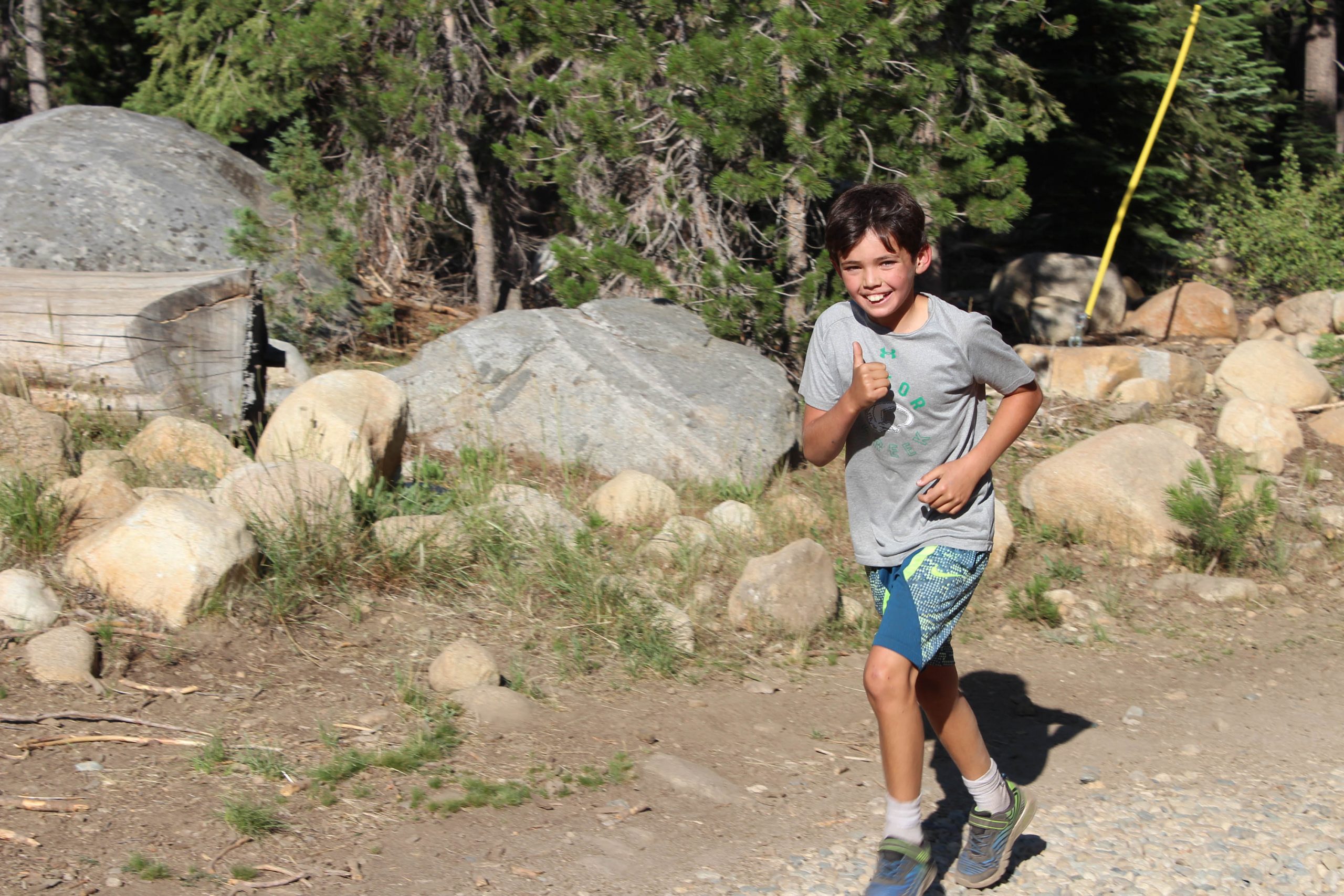Carnival – Session 4
As always, Carnival was a blast for all campers and staff! Check out some highlights from the day here!
Lions’ Social – Session 4
Our Lions campers had a blast at their social on Sunday evening. They had a fun evening of games, laughter, and ice cream!
Bears’ Adventure – Session 4
This session’s Bears (campers heading into 1st-4th grades) spent Friday afternoon hiking, playing, building forts, singing, and enjoying being together on their Bears’ Adventure outing. Because of the rain Thurday night and Friday morning, they headed to Big Campfire for story time then returned to their dry tents in camp to sleep Friday night.
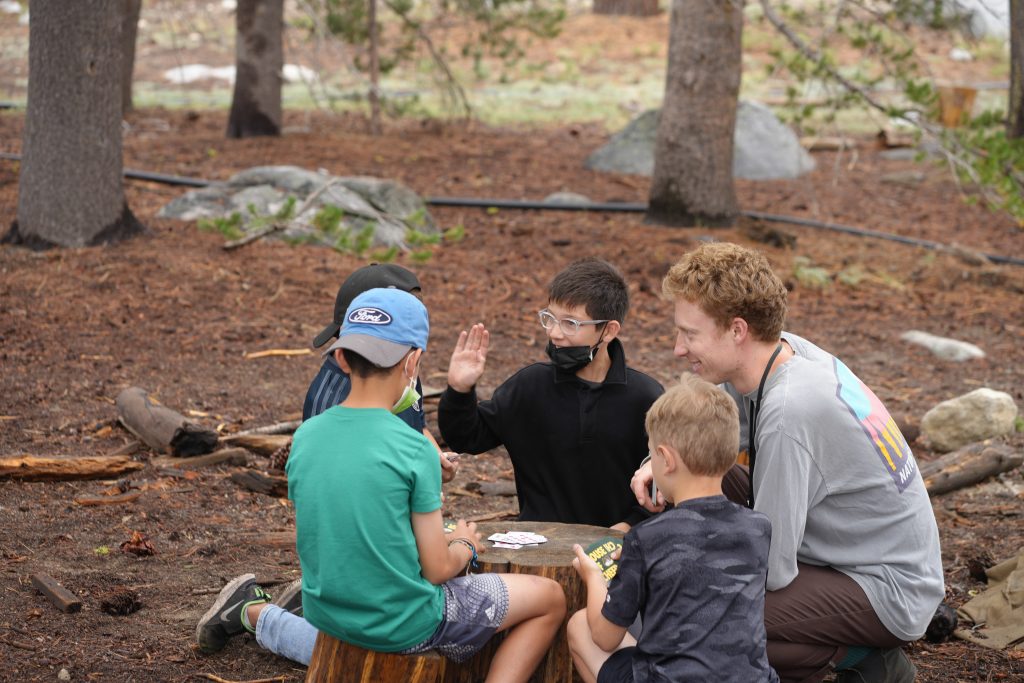
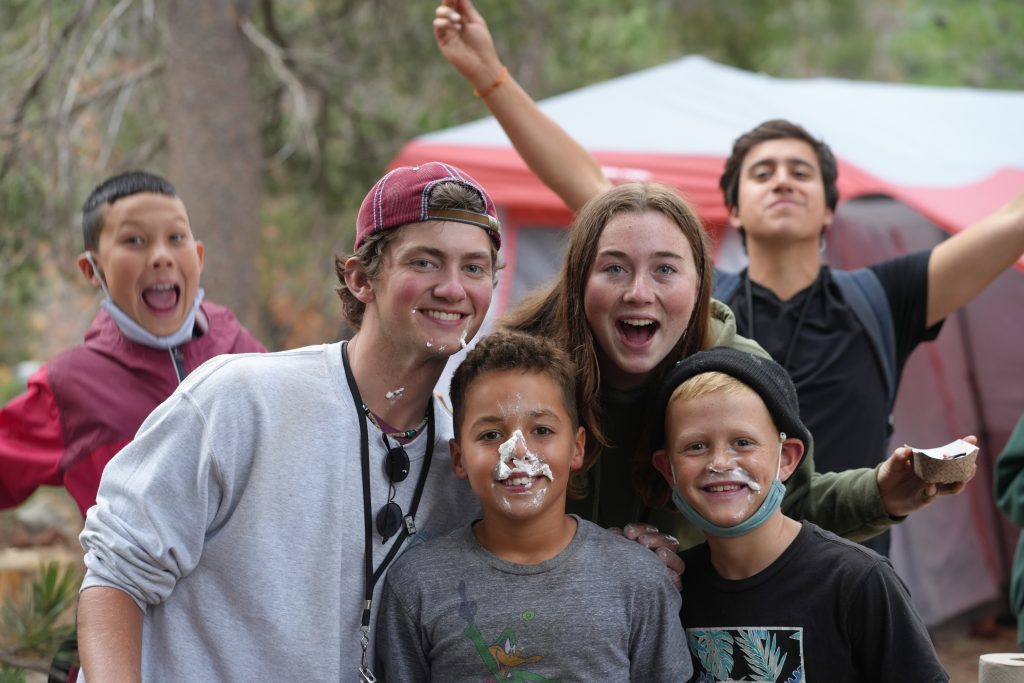
Tigers’ Social – Session 4
Tigers are our campers heading into 5th and 6th grades. They’re at a great age for age group socializing and events, and they enthusiastically participated in two nights of our Tigers’ Social, which included socializing, snacks, and a rousing game of Bingo!
Priority Enrollment Open for 2023!
Priority Enrollment for our returning camp families (and families who we were unable to accommodate off of our waiting list for 2022) opened on August 1, 2022.
Please note that while Priority Enrollment goes from August 1 – September 15, some age groups (typically grades 5-9) will fill within the first few weeks of the Priority Enrollment period.
To ensure you are able to enroll in your first choice session for 2023, register on or soon after August 1, 2022!
Check out the 2023 session dates here.
To register
Step 1: Use your Campanion App to apply for 2023 or register your camper using your My GAC LOGIN.
Step 2: Scroll to “My Camper”
Step 3: Select “Camper Application”
Step 4: Select Season “2023”
Bears’ Social – Session 3
Our Bears campers had a fun night of dancing and ice cream! We always love watching them socialize with each other and make new friends!
Carnival – Session 3
As always, Carnival was a blast for all campers and staff! Check out some highlights from the day here!
Bears’ Adventure – Session 3
A highlight of the two-week session for our youngest campers (grades K-3), and their version of backpacking, is Bears’ Adventure. This one-night trip allows campers to experience sleeping outdoors under the stars and cooking over a campfire. Campers’ luggage is taken for them to the campsite, so they are not technically “backpacking,” because they have no pack to carry. With just their water bottle and their positive attitude, they set out from camp singing and talking on their hike.
The best part of Bears’ Adventure is the free time kids get to play and explore the area. For many campers, the longer sticks provide the perfect start to a fort. Others enjoy laying on their sleeping bags talking with friends or silently watching clouds move overhead. Some participate in crafts and games while enjoying being outdoors. For many of these kids, Bears’ Adventure is their first experience “roughing it,” and they absolutely love it.
When they hike back into camp the morning after their adventure, our Bears campers stand a little taller. And their dirty, smiling faces are the best indication that they have experienced the awe of nature.
Lions’ Social – Session 3
Our Lions campers had a blast at their social on Sunday evening. They had a fun evening of games, laughter, and ice cream!
GAC 5K!
On Sunday morning, we gave campers and staff the option to join us for a 5k walk/run around camp. We were SO impressed by how many campers wanted to participate and we had a great time getting some early-morning exercise in before breakfast! Check out some photos here and be sure to look for more posted through Campanion!

